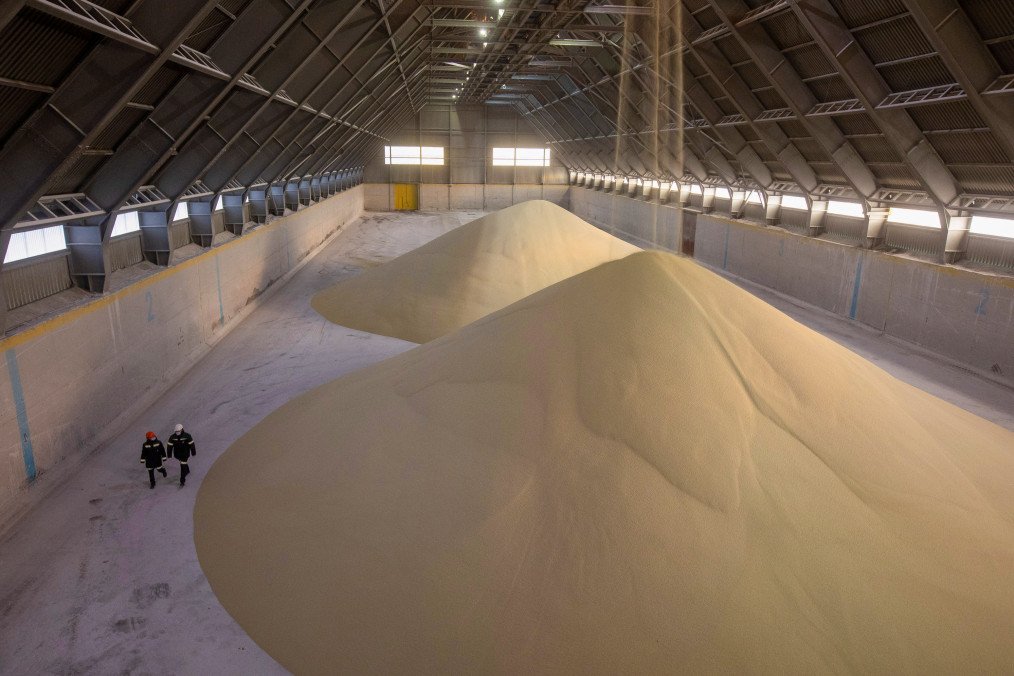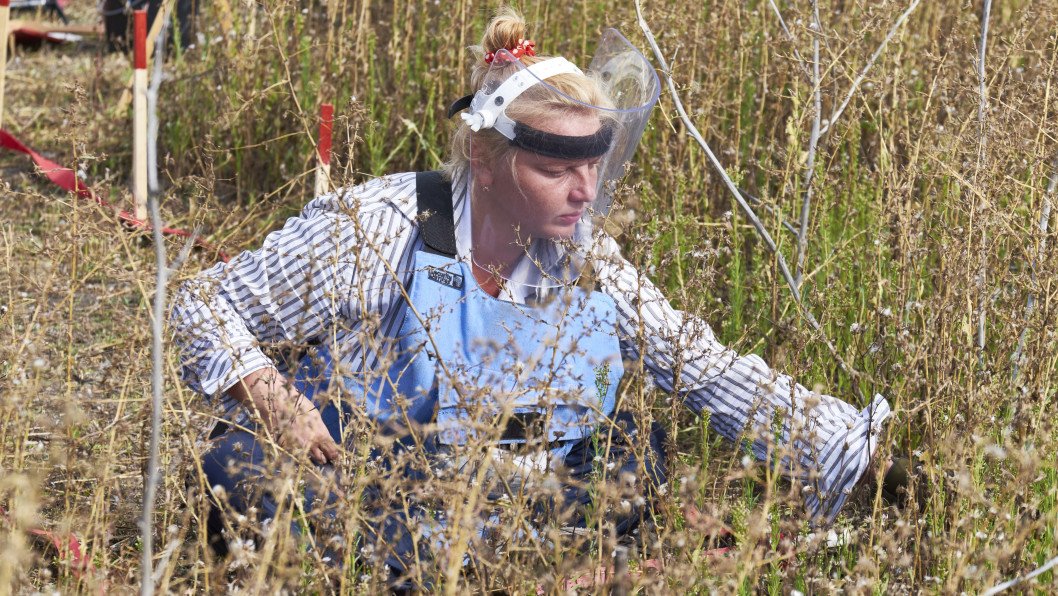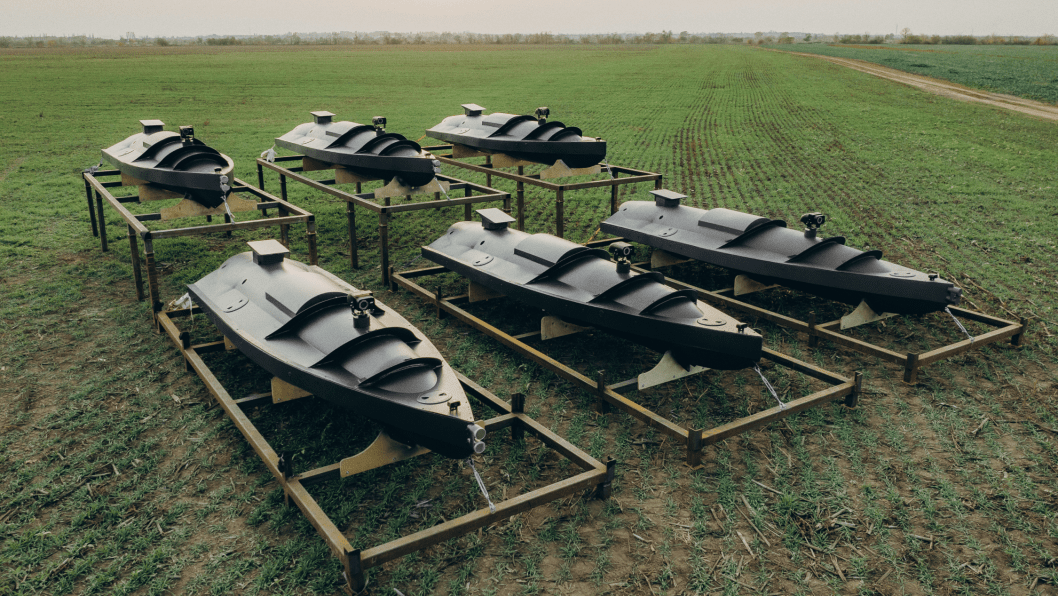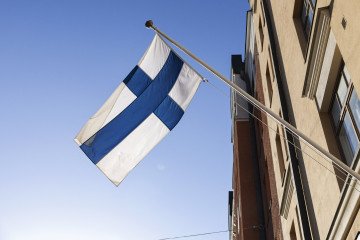- Category
- Latest news
European Parliament Adopts Tariffs on Russian and Belarusian Imports to Undermine War Financing

The European Parliament has approved a package of trade measures aimed at limiting Russia’s ability to finance its war against Ukraine while strengthening the EU’s food and economic security.
According to website of the European Parliament on May 22, the new regulation imposes prohibitive tariffs on fertilizers and selected agricultural products from Russia and Belarus. Duties on some nitrogen-based fertilizers will rise from 6.5% to around 100% over three years, effectively cutting off imports. An additional 50% tariff will apply to a range of food products.
Revenues from Russian and Belarusian fertilizer exports directly contribute to Russia’s war effort. In 2023, Russia supplied 25% of nitrogen fertilizer imported into the EU, valued at approximately €1.3 billion.
The expanded tariffs will now apply to around 15% of Russian agricultural imports that were previously untaxed, covering products worth €380 million, including meat, dairy, fruits, and vegetables. Russian and Belarusian grain has already been subject to tariffs since last year.

Imports from Belarus are significantly lower, with €92 million in agricultural goods and €30 million in fertilizers imported in 2023.
Transit of Russian agricultural goods and fertilizers to third countries remains unaffected to avoid disrupting global food supplies, particularly to developing nations.
According to Inese Vaidere, the European Parliament’s standing rapporteur on Russia, the proposal will also stimulate EU fertilizer production, which has suffered due to the influx of cheap Russian imports, while allowing European farmers time to adapt.
“The regulation gradually increasing customs duties for products from Russia and Belarus will help to prevent Russia from using the EU market to finance its war machine. It is not acceptable that three years after Russia launched its full-scale war, the EU is still buying critical products in large volumes, in fact, these imports have risen significantly,” she said.
Earlier, the European Parliament’s Committee on International Trade had approved a 50% tariff on select agricultural products from Russia and Belarus that were previously exempt from customs duties.
The measure is intended to further reduce the EU’s reliance on imports from the two countries. The new duties will apply to a range of goods, including sugar, vinegar, flour, and animal feed.








-72b63a4e0c8c475ad81fe3eed3f63729.jpeg)